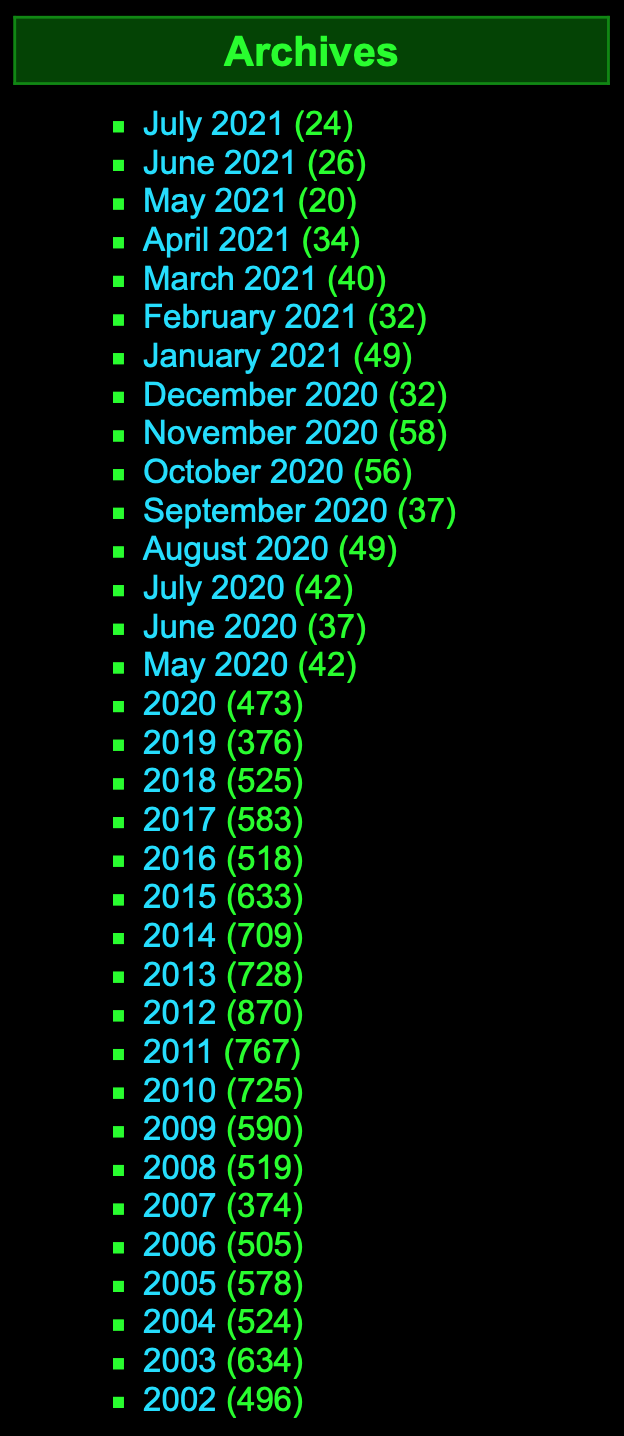The year was 2021, the month, July, the day was the 10th and I was very happy. It was Barcamp Yerevan again, the new year of the tech industry, the day we all share knowledge, the day people come NOT to listen to talks but to take stickers and t-shirts instead, because it’s free, as in beer as well as in speech.
Not all people are like that, some of them give talks. I’ve been giving talks since Barcamp Yerevan 2016. Since it’s a free unConference, we get a lot of sponsors, from small outsourcing companies to large ISPs and Gambling-as-a-Service providers.
Usually, during an unConference such as this, there are 1) sponsored talks, by the sponsors, 2) selected talks, by individuals, which are selected by a committee and 3) unConference talks, where people just write on a wall “Talk about X at room Y, ZZ PM” and whoever is interested goes there to listen.
Usually, there’s this habit, that if the unconference talk is not good, then people leave the room by smashing the door on the way out. Usually, the selected talks are good, because good job committee, usually the sponsored talks are good, because sponsors don’t want to send an engineer who’d give a bad talk.
But this year was not a usual one. This year was the exact opposite.
The uncoference talks were awesome, people from random companies were talking about how to work remotely, how to work from outside the heart and the capital of Armenia, Yerevan. People were talking about how to start a community. People were talking about audio system and audio engineering.
The selected/sponsored talks were the… I’m not sure I know how to describe this, but, they were what they are supposed to be, sponsored talks by sponsors.
Here is an example. A system engineer fellow talks about infrastructure automation, how tools like Terraform are cool, what is an automat… no sorry, he did NOT talk about the benefits of an automated infrastructure nor what problems it solves. I wondered why.
At the end of the talk someone asked “so have you implemented this at YOUR company?” and the fellow answered “Well, not really, some bits here and there”, and I got the answer to my why question.
He did not know, because he was not talking from experience. That’s why there was no storytelling, there was no “sharing” of experience. It was only a talk, which is what the sponsored company was aiming for anyway.
Now for me, a systems engineer, I can see BS
We also had panels. I was on one of those panels, I think it was called “Security Panel” which was supposed to be about… Security, as in InfoSec. But instead we talked about the war and the post-war status of the “cyber” security field in the country.
Last but not least, the guests, they were awesome, all of them, they shared a LOT of knowledge with the audience, which I hope will have an impact long-term.
Alas, that’s the pain of running a free, corporate-sponsored (un)conferences. You give voice to people who have the money, which not necessarily have the knowledge nor the experience. And this is why we don’t have more product companies in Armenia. We are not producers, we don’t have the experience. We are consumers, we are not part of open-source communities, and if a fellow is then everyone will point out as if it’s some god-ish action to contribute to software.
Hopefully, next year will be better.
P.S. Every year I give the last talk on the last day, since people stick around and ask me questions and I don’t like to ignore questions or free the room for the next speaker. All my previous talks are on my personal page on the new Barcamp Yerevan website. This year I was at 10:30AM… Most of the organizers who knew me personally were afraid that I’d oversleep. Luckily, such disaster was averted thanks to Syuneci.
That’s all folks.
